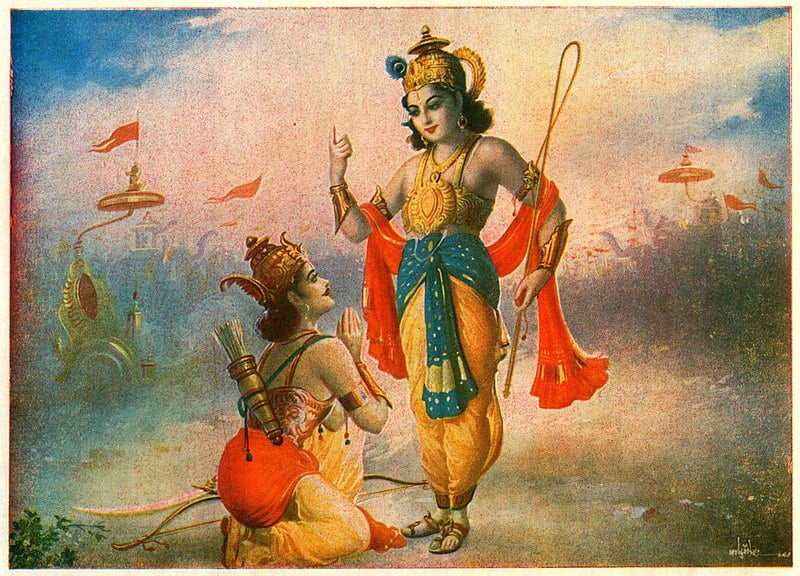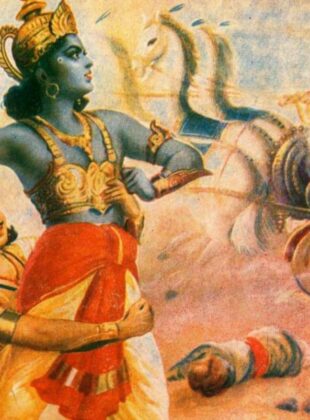I’ve been working on The Great Courses extensive selection of philosophy texts over the past few years. If I count the time for each course, I’ve heard over 200 hours of philosophy in science, nature, Greek and works of fiction. I’ve loved every minute but I was starting to treat common ground too often. During the course on the philosophy of science, I was exposed to a surprising number of assumptions that scientists and western thinkers must make to accommodate the system of though. In a recent reading of Aiken’s “Bridging Cultures” he made numerous references to “western science”, “eastern science” and “Indigenous science” as different systems of knowing. Wanting to know more I started with Grant Hardy’s Great Course on Eastern Intellectual Traditions.
What a journey! Grant orients his lectures around the Darshana (Hindu and Indian philosophy), Daoist (Chinese cultural practices), and ______(Japanese cultural practices), however; it also covered some practices in Tibet, Korea and Indonesia. I strongly recommend this course to people interested in a jumping off point to start studies in Eastern culture because it not only provides insight onto what happens today, by why the systems of thought that exist in modern times, have persisted or been created over the past 2000 years. I will share one key learning from Hindu, Confucism, and Japanese culture that I will take with me into my practices.

In early Hindu practices, a term known to me as “Karma Yoga” is introduced. It is kept within the population through a series of cultural practices and stories, and the one that was shared with me is the the “Bahgavad Gita”. In one of the stories a warrior is supported by one of the Hindu deities while fighting in a civil war. The soldier wishes that he did not have to shoot, aim, and kill people who were once his teachers, friends and family. The deity teaches him that there are not people with distinct identities on the other side of the battle field. There is no killing and there is no death, there is only the roles that we play. The soldier is convinced that the opponents are not the “entirety” of the people who knows and loves and is convinced to fight in this battle.
This story demonstrates two Hindu ideals. The first is the idea of the “brahmin” which is all of life. Using this idea, the solider can recognize that the human forms of the combatants are not the entirety of the life that is within them. When they die (when we die) we return to a kind of well or are freed to the space that surrounds us, and we become rejoined.
The second idea is that of “Karma Yoga” or class duty. In Hindu thought there is a strong adherence to class duty, and to the role associated with your position in life. In this case, it is the soldier’s duty to fight, rather than to teach peace, or play the diplomat.
I don’t see myself practicing “Brahmin” or teaching it as a fact of reality, however; I do see myself teaching the connected nature of all beings. That actions we take in the class room, or that occur in life will have rippling effects. Students will hopefully take this with them out to form healthy, strong communities rather than intense rivalries.
The idea of class duty “Karma Yoga” is worth further discussion. Grant relates class duty to students who should focus on studies rather than teaching. I think that there is something industrious about encouraging students to pick a role, or recognize a role and to commit fully to it. Despite this commitment, Grant points out that “Nazi soldiers were performing Kara Yoga by following orders” and makes a good point that absolute adherence to authority or system isn’t always the best case. Perhaps this is a good lesson to share with students. If the role you play is bad, then change it. Don’t continue to commit to the role if it no longer suits yourself, or the greater community.
It is my hopes that students in my class will gain the opportunity to study cultures that are historically relevant to themselves, as well as cultures that have made impacts at a distance. I strongly encourage this course to anyone who is interested in Eastern intellectual practices.
- Wabi Sabi
- Daoism
- Confucius
- The value of mothers




